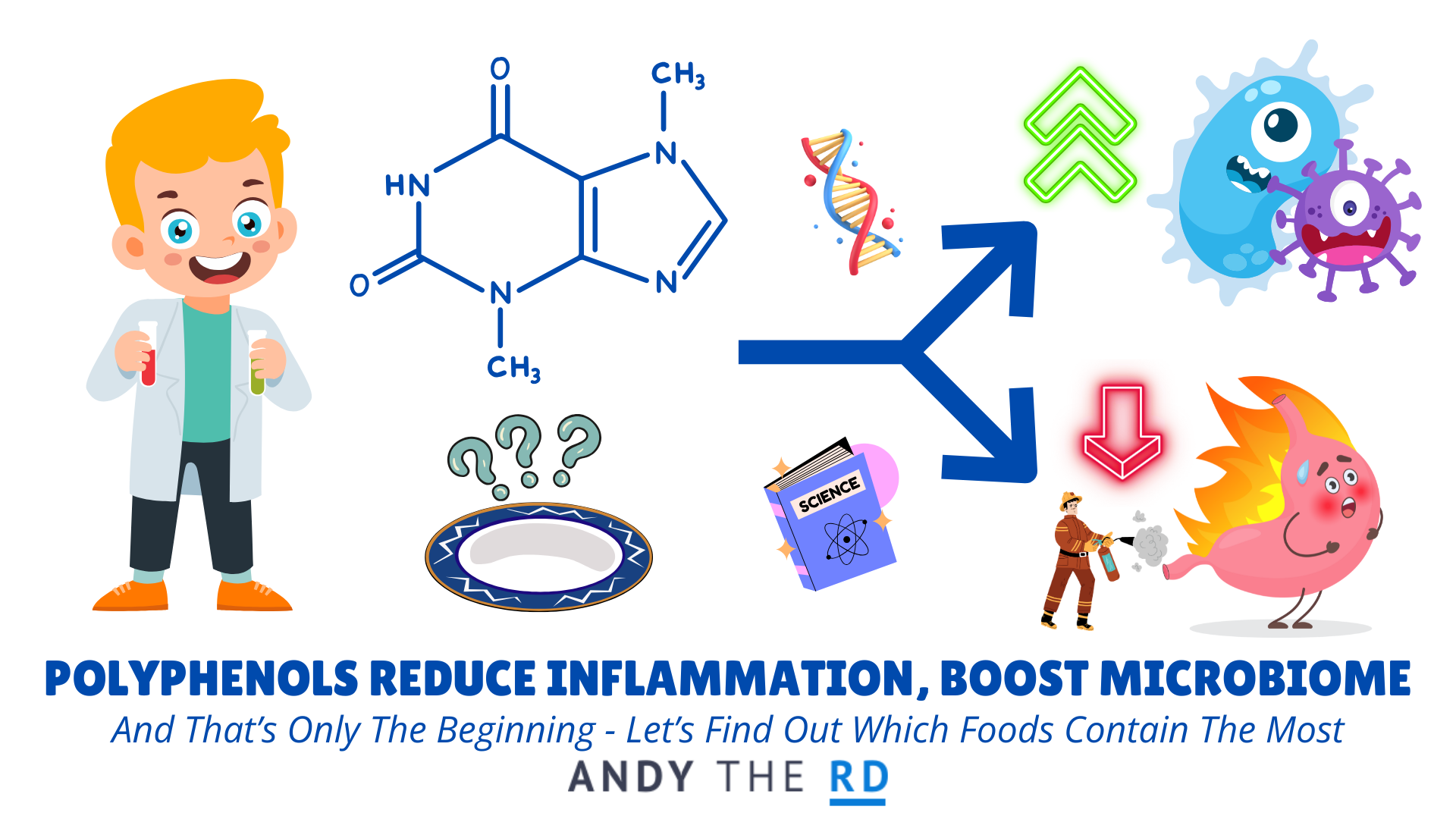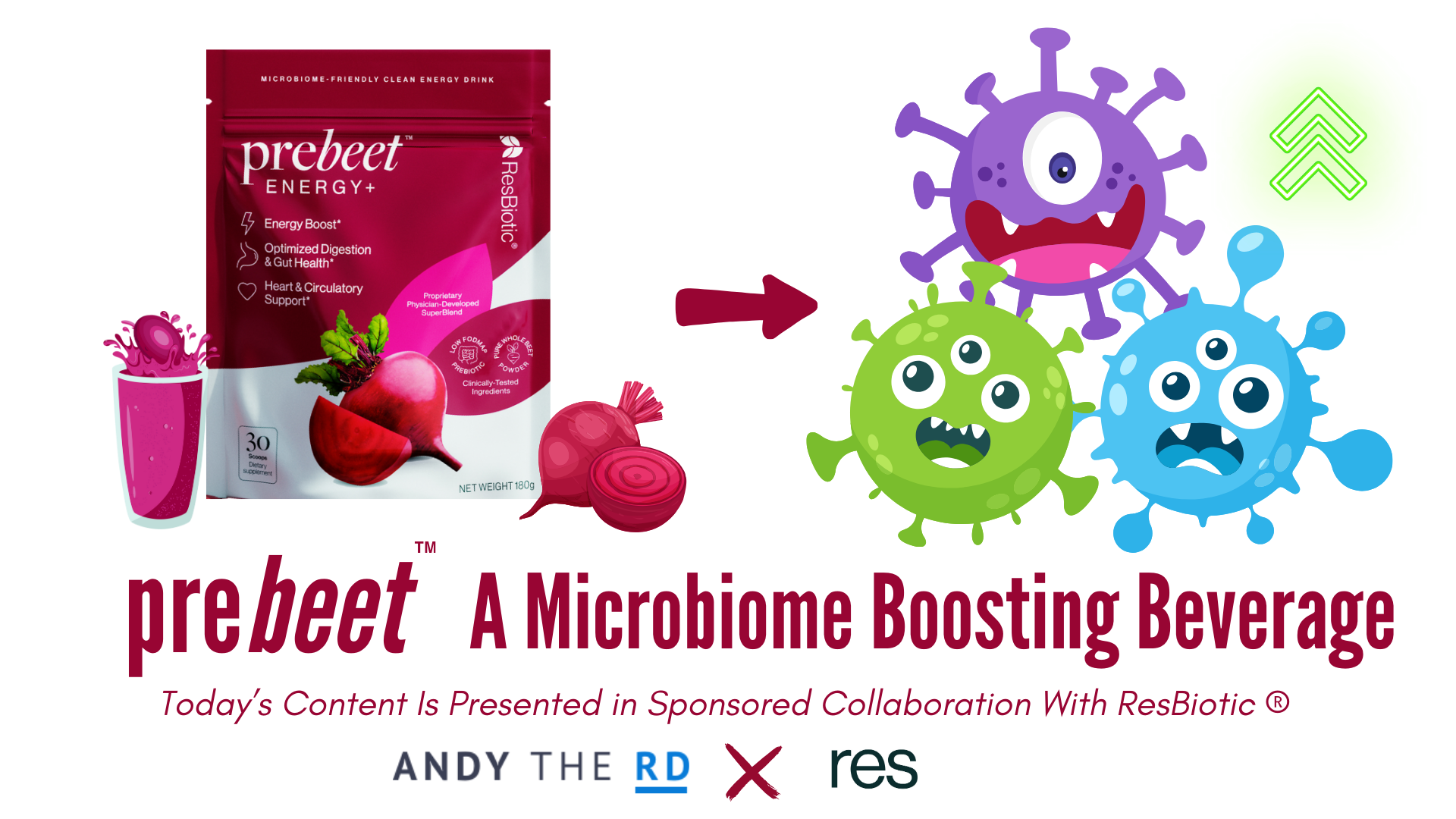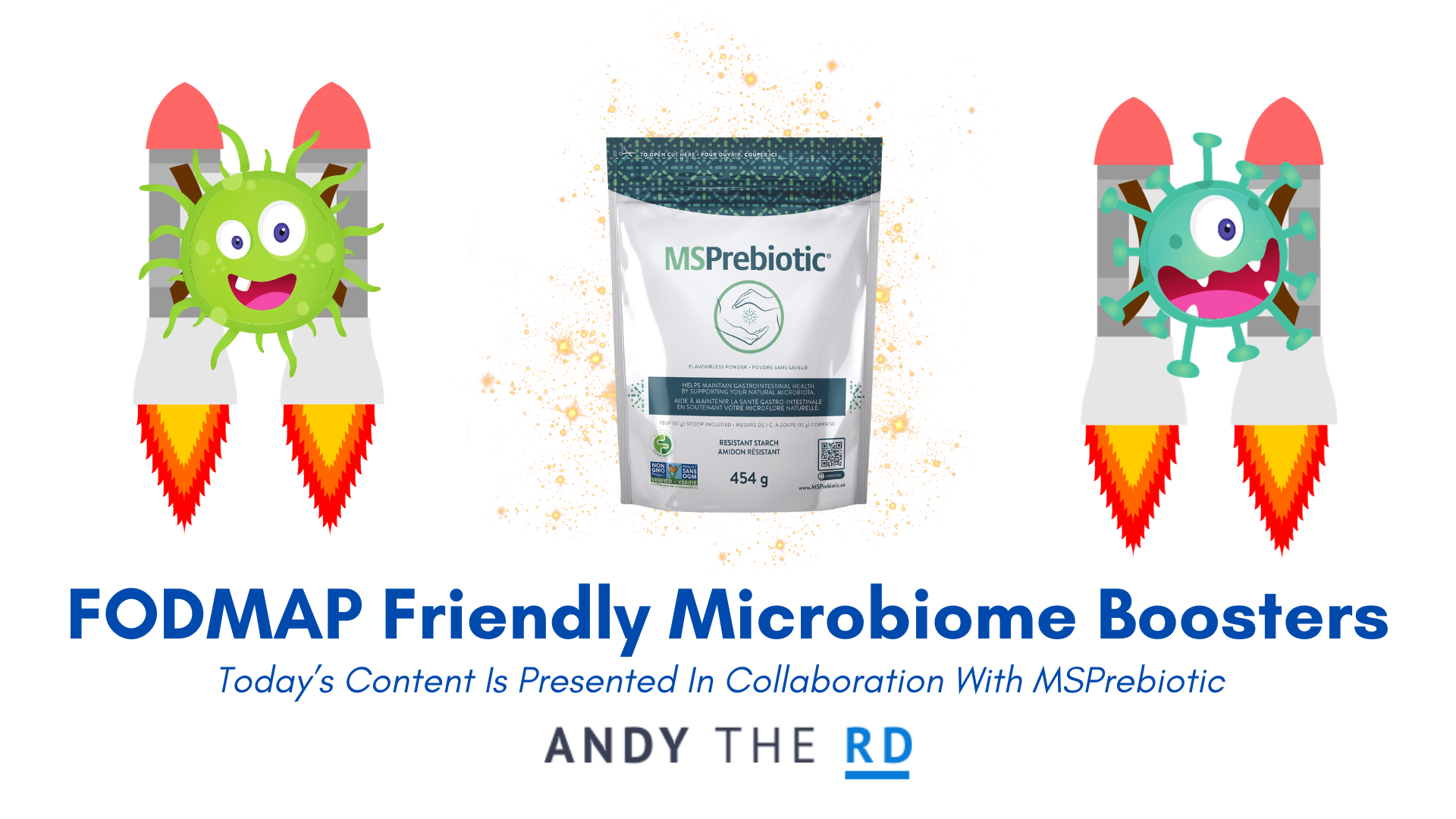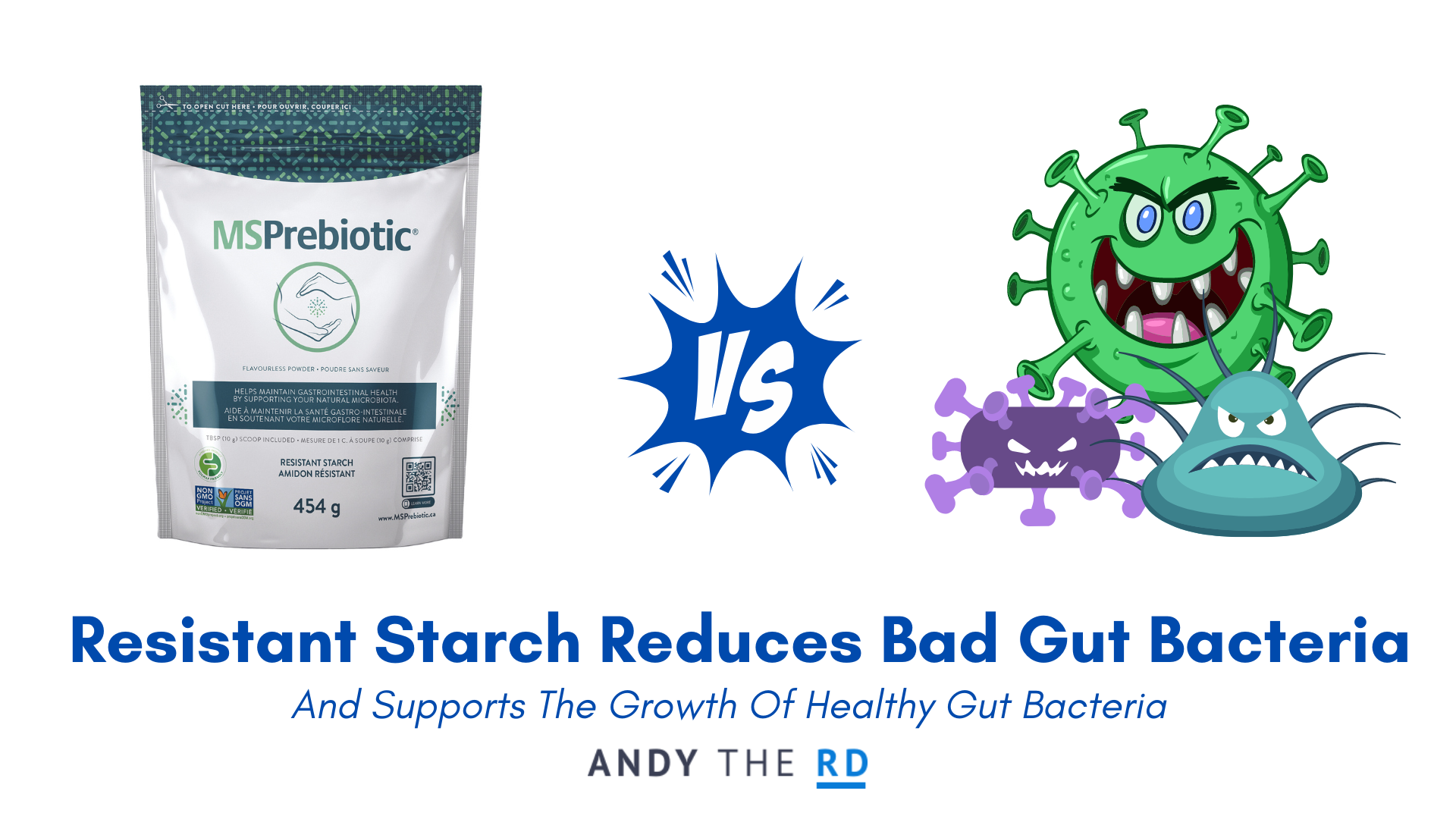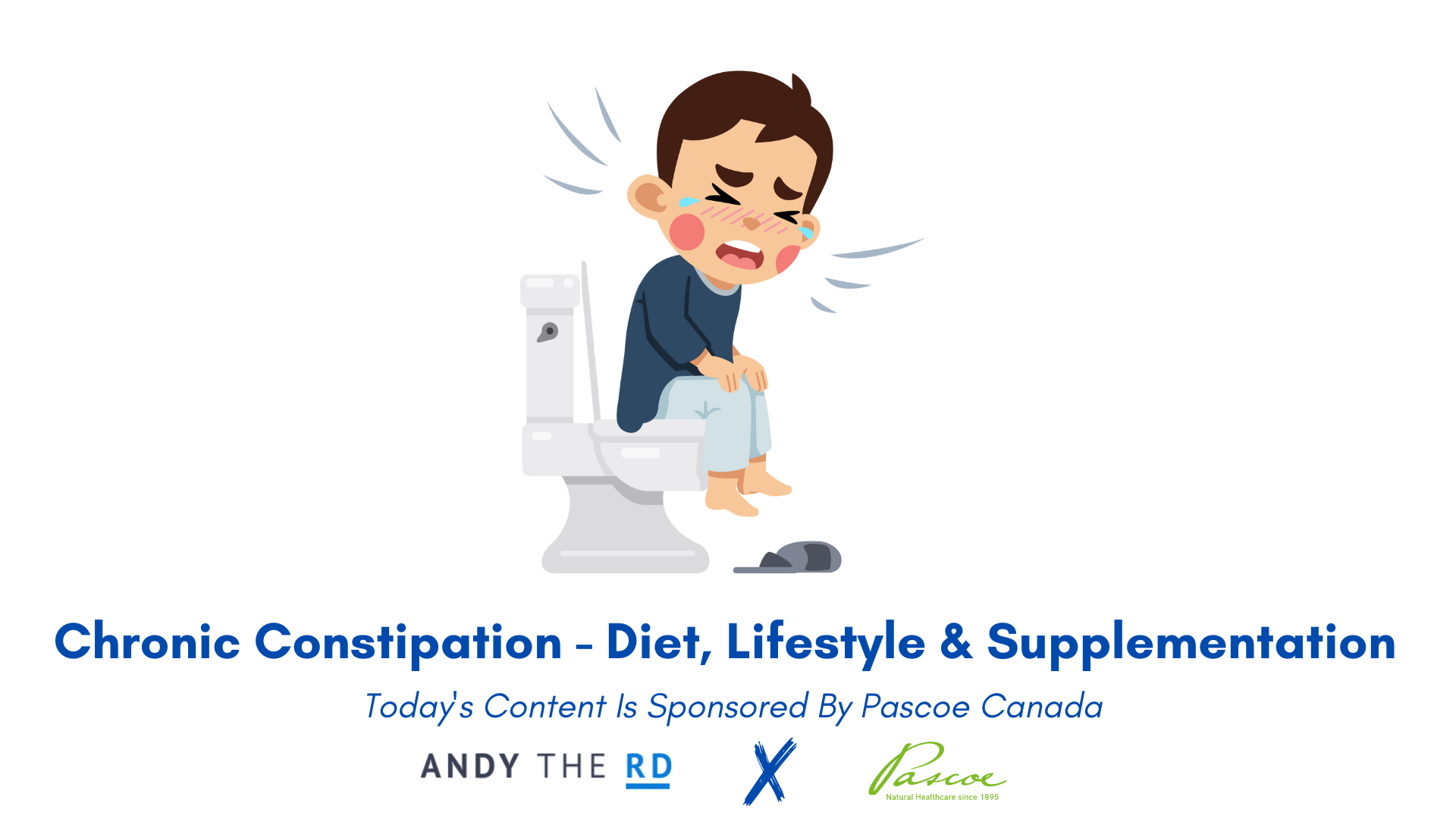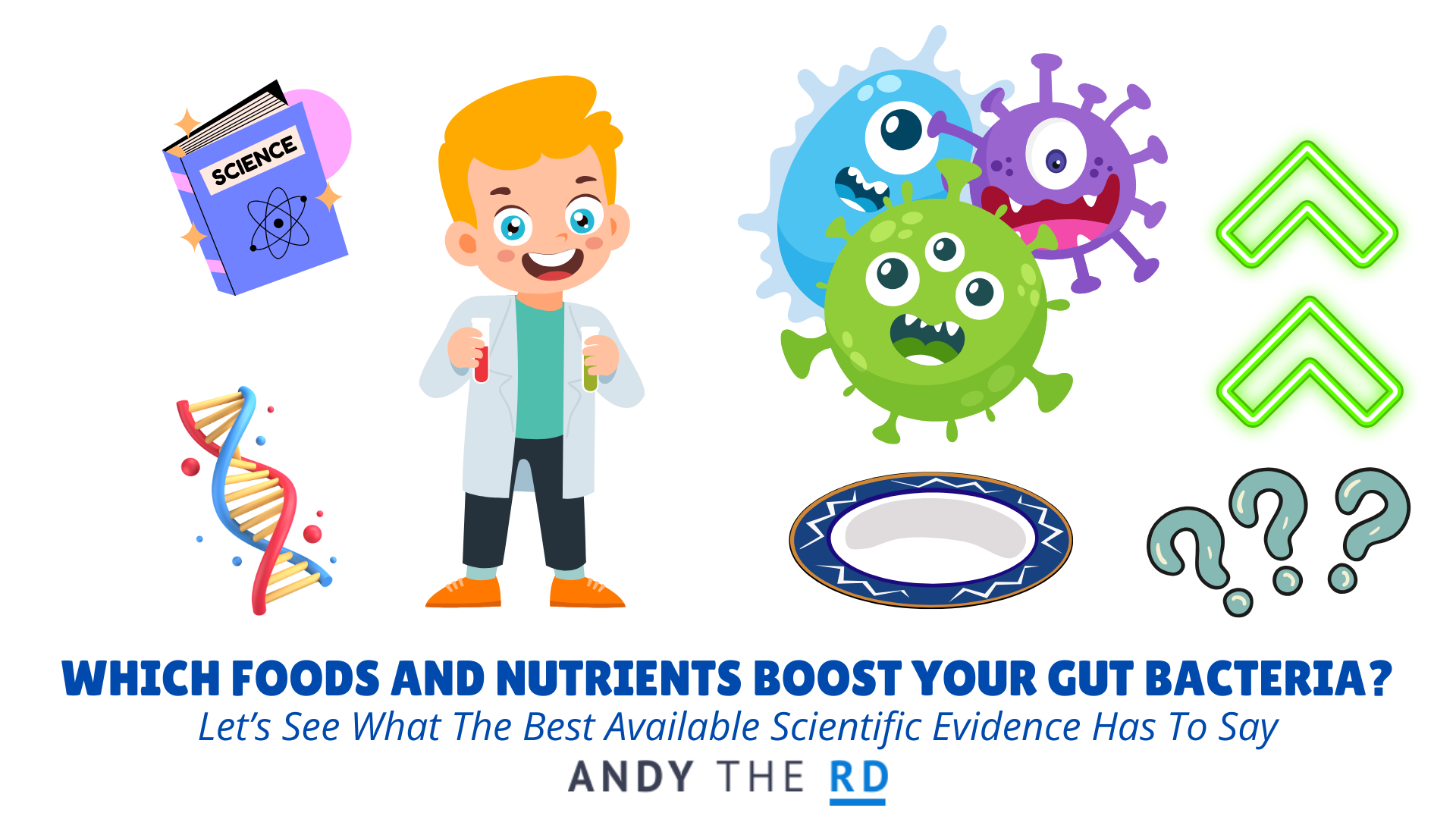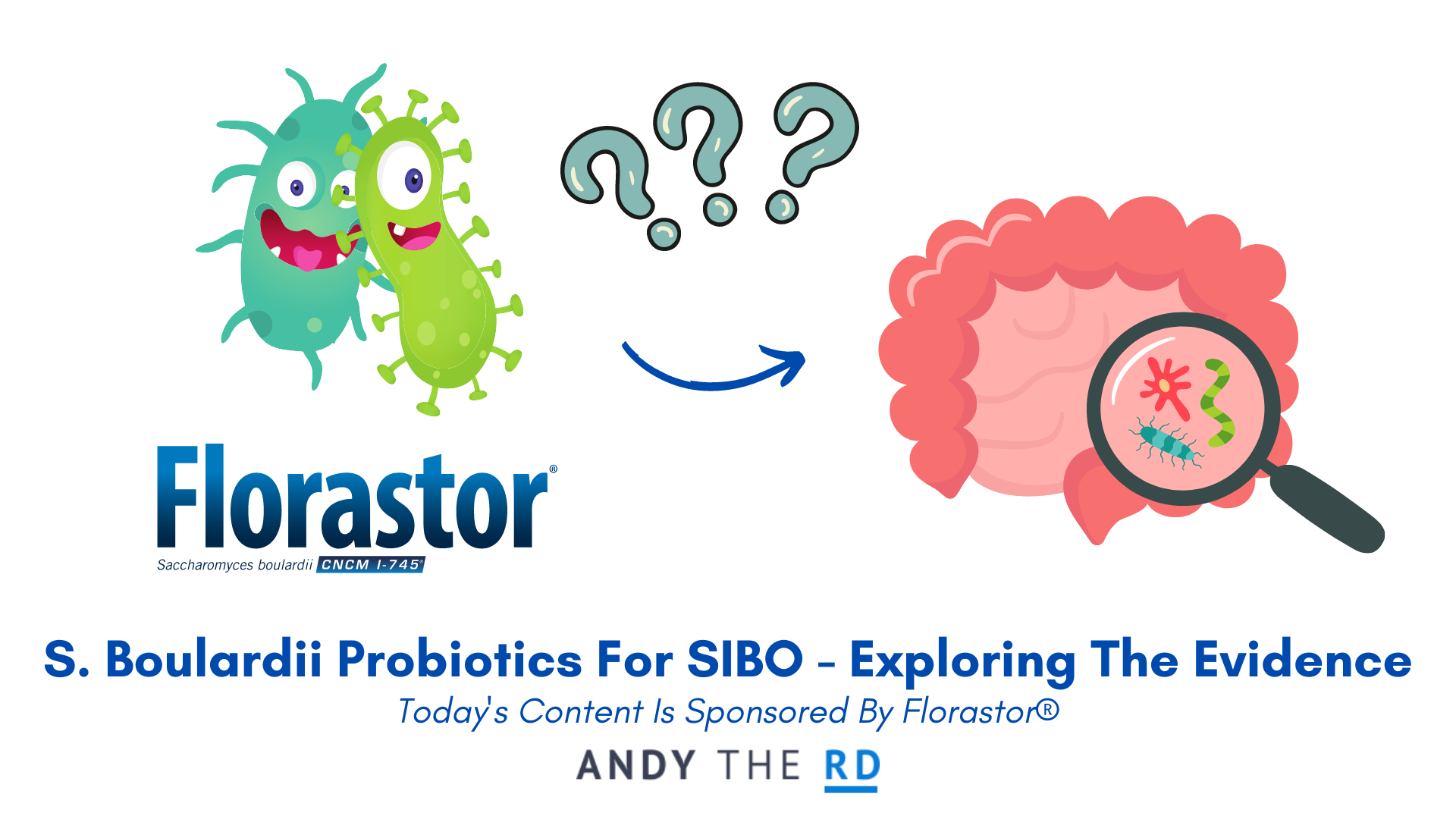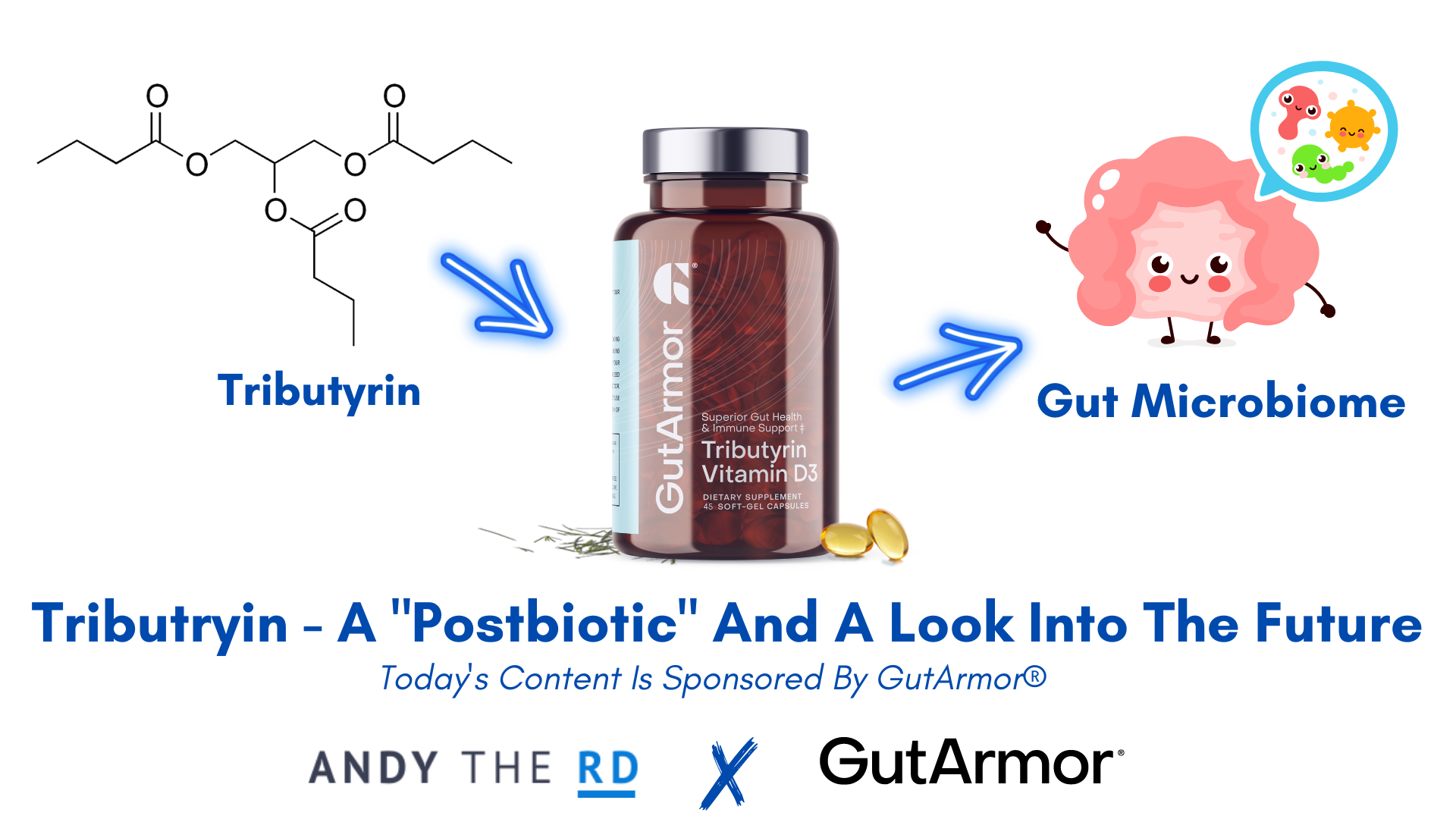Polyphenols are a family of plant compounds bound together both by their unique chemical structures and their tangible influence on human health. I’ve previously written a piece discussing the role of polyphenol-rich foods for the prevention and reversal of fatty liver disease, and I encourage anyone interested in the role
Digestive Health
My interest in the role that nutrition plays in modifying the human gut microbiome won’t be a surprise to those of you who have taken in my writing or social media content over the last several years. And for good reason. The balance of the gut microbiome continues to be
FODMAPs are a family of food components that are not well absorbed in the small intestine and generally end up being fermented in the colon by our gut bacteria. Their capacity to be fermented contributes positively to the gut microbiome, but can also cause digestive discomfort in some populations –
I’ve spent a great deal of time over the last several months taking a deep dive into the different ways humans are able to positively influence their gut microbiome via nutrition, lifestyle and supplemental strategies. A significant majority of the most common health concerns are associated with an imbalance between
Acid reflux is a term used to describe the painful entry of stomach acid upwards through the digestive tract into the esophagus. Anyone can experience acid reflux from time to time, but frequent occurrence is often a sign that someone is suffering from gastroesophageal reflux disease [GERD]. GERD is a
Chronic constipation [CC] affects about 12% of the population globally, with females and older adults the most likely to be impacted. It is one of the top five most common outpatient diagnoses by gastroenterologists, as per data out of the American Journal Of Gastroenterology. The diagnostic criteria for CC are
There is growing public and scientific interest around the steps that one can take to enhance the state of their gut microbiome through accessible, every day means. Generally, when I refer to “enhancing” the gut microbiome what I’m really referring to is increasing what is known as microbiome diversity. Microbiome
Florastor contains a unique probiotic strain of yeast-origin, Saccharomyces boulardii CNCM I-745, which is antibiotic resistant and well-studied for a wide variety of clinical purposes. These include: Reducing the risk/severity of acute & antibiotic associated diarrhea Restoring the microbiome after disruption from antibiotics or infection Contributing to the treatment process
Gut health and the nature of the human microbiome are undoubtedly among the hottest topics in modern nutrition. In case you haven’t noticed via my recent writing and social media content, this trend certainly has caught my attention. That’s exactly where today’s blog post, sponsored by Gut Armor®, comes into
Vitamin C & Gut Health Magnesium & Gut Health Gastritis & Diverticulitis Fermented Foods Peppermint Oil For IBS Digestive Enzymes Anxiety & Gut Health PCOS & Gut Health Prebiotic Fibre Benefits Reducing Gas Fasting & The Microbiome


